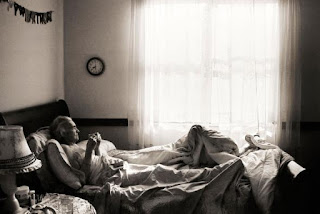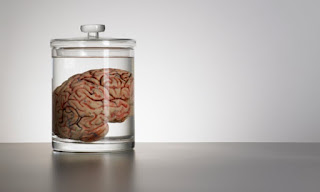HOMOEOPATHY FOR SHY BLADDER SYNDROME

Shy bladder syndrome , also known as paruresis, is a condition where a person is afraid to use the bathroom when others are nearby. As a result, they experience significant anxiety when they have to use the restroom in public places. A person with shy bladder syndrome finds it difficult or impossible to urinate when other people are around. It is believed to be a common type of social phobia, ranking second only to the fear of public speaking. Shy bladder syndrome is often first experienced at school. The condition affects men and women of all races. In mild cases , shy bladder syndrome is an occasional event, like a form of performance anxiety. For example, a man at a public urinal may find that he is unable to urinate when flanked by other men. In severe cases, a person with shy bladder syndrome can only urinate when alone at home. The condition is also known as ‘ avoidant paruresis’ , ‘ psychogenic urinary retention’ and ‘pee phobia’. Causes Shy bladder syndrome is not a phy


